Read more books. Watch fewer Tik Toks. Eat healthier. With every new calendar comes the same old resolutions. Get back to the gym. Start journaling. Year in and year out we set our sights on a new and improved version of ourselves. And why not? Why shouldn’t we try to “better” ourselves? Well, as you can imagine, “bettering” ourselves is a bit harder than simply promising ourselves (and our social media timelines) that we will deliver that new and improved version in just a few short weeks. And as you know, too, those resolutions hardly ever last.
As someone in recovery, I have an intimate relationship with broken promises. “I’ll only have one drink.” “I’m only a few blocks from home—I’m okay to drive.” Even in my early recovery I told myself, “I’ll call my network tomorrow” or “I’ll go to a meeting next week.”
The hard part about resolutions—those painstaking displays of control—is that we believe we can do it on our own. Recovery has taught me that “change” (whether that be wanting to read more books or stop drinking) requires asking for help. Not one of us had the power to stay sober on our own—remember Step 1? Why should any other kind of change be any different? Bottomline: it is not that you are incapable of “getting back in the gym,” or “watching fewer Tik Toks”—hey, if you can stop drinking, you can do anything. Just ask for help! Start a book club, call a friend instead of endlessly scrolling through dog memes, go to a meeting.
When we commit to recovery and all the tools we learn, we commit ourselves to something better than New Year’s resolutions—we commit to life-long change.



